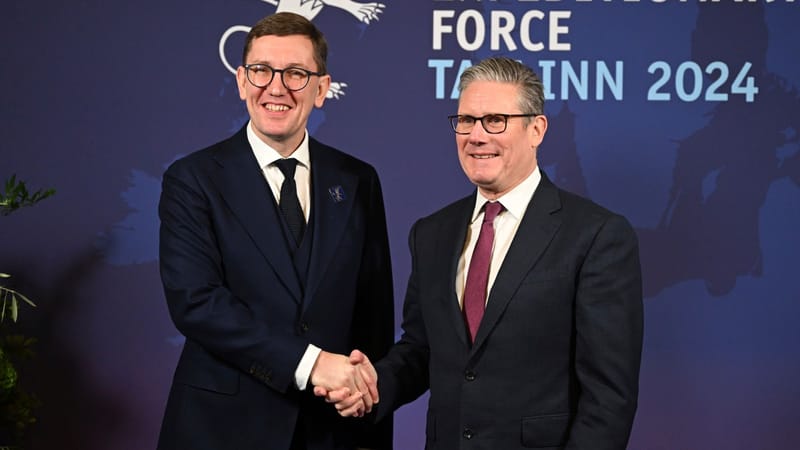George Soros's Enduring Influence in Estonia: A Comprehensive Insight Since 1990
When George Soros, the renowned philanthropist, established the Open Estonia Foundation (OEF) on April 19, 1990, it marked the beginning of a transformative era for Estonia. This in-depth article explores the multifaceted impact of Soros and the OEF on Estonia's journey from a post-Soviet state to a modern,

When George Soros, the renowned philanthropist, established the Open Estonia Foundation (OEF) on April 19, 1990, it marked the beginning of a transformative era for Estonia. This in-depth article explores the multifaceted impact of Soros and the OEF on Estonia's journey from a post-Soviet state to a modern, open society, focusing on its digital advancements, societal reforms, and economic evolution.
Founding of the Open Estonia Foundation: A New Dawn
The OEF was set up with a vision to foster openness and tolerance in Estonian society amid a world growing more complex and unpredictable. Its mission was to steer public discourse towards greater transparency and inclusivity, a goal achieved through various initiatives, programs, and collaborative projects. The foundation's establishment coincided with Estonia's critical transition period, offering timely support and direction.
Digital Leap: Estonia's Trailblazing Journey
One of the OEF's most remarkable contributions is its role in Estonia's digital revolution, a feat that has become a national hallmark. The foundation actively supported initiatives that propelled Estonia to the forefront of digital innovation, exemplifying how a small nation could lead in the global tech landscape. This digital development was not merely technological but also encompassed aspects of e-governance, digital education, and cyber security, laying the groundwork for a digitally savvy citizenry.
Societal Impact: Fostering Democracy and Inclusivity
The OEF's influence extended beyond technological advancements to significantly impact Estonia's social fabric. The foundation championed democratic ideals, rule of law, and inclusive dialogues on critical national issues. It envisioned Estonia as a society where equal opportunities are available to all, regardless of socio-economic status, gender, ethnicity, or orientation. These efforts have contributed to shaping a more tolerant and diverse Estonian society.
Economic Transformation: Privatization and Modernization
While the OEF's direct role in Estonia's economic transformation, specifically in privatization and banking reforms, is less documented, the period of the 1990s was crucial for the country's economic resurgence. Estonia experienced rapid market liberalization, privatization of state assets, and the establishment of a modern banking system, significantly influenced by foreign investments and economic policies aligned with Western standards.
Contemporary Relevance: Collaborations and Future Orientations
As of late 2023, the OEF continues to be a vital force in Estonia. Its collaboration with various sectors – including NGOs, activists, entrepreneurs, scientists, educators, and artists – underlines its commitment to a holistic societal approach. The foundation remains dedicated to ensuring that democratic principles are deeply embedded in Estonian society, going beyond mere rhetoric to practical implementation.
Conclusion: A Legacy of Openness and Progress
In retrospect, George Soros's Open Estonia Foundation has been instrumental in Estonia's post-Soviet transformation. Its role in fostering digital innovation, democratic values, and an inclusive society has been pivotal. The OEF's journey mirrors Estonia's own path: from a country grappling with its newfound independence to becoming a beacon of progress and openness in the post-Soviet space. This legacy continues to shape Estonia's present and future, marking a significant chapter in the nation's history.




